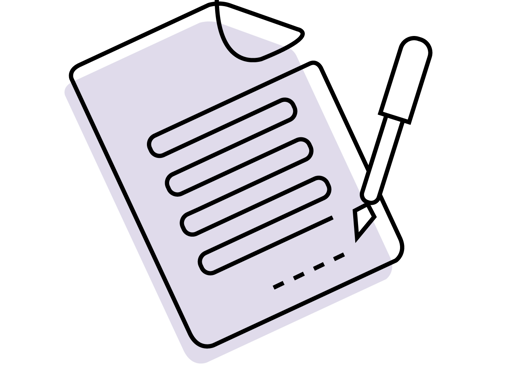We, the undersigned and the organisations we represent, express our grave concern regarding the situation in Myanmar and the persistent abuse of human rights. We are particularly alarmed by the targeting of medical professionals, including those engaging in their human right to protest against the illegal military coup. We stand in solidarity with them and all those who are impacted.
On 1 February 2021, the Myanmar Armed Forces, the Tatmadaw, seized control of the government. Many have protested and medical professionals have been at the forefront, setting up their practices in makeshift health centres and clinics instead of government hospitals.
The Tatmadaw have responded with appalling brutality including targeting medical professionals and interfering in their activities, which is an abuse of the principle of medical neutrality, enshrined in the First Geneva Convention.
Myanmar security forces have shot at health workers without provocation, arbitrarily arrested many, assaulted some, and forced others to flee their homes. In Yangon alone, at least a hundred medical students have been arrested.
This is a gross violation of the rights of doctors and it is also detrimental to the healthcare of patients, diminishing their right to the highest standard of health which is guaranteed by the International Covenant on Economic, Social and Cultural Rights which was ratified by Myanmar in 2017.
Not only is medical care being provided in makeshift health centres with limited resources and facilities, but actions by the Myanmar military, such as cutting off internet access for large sectors of the country, further harm the ability of doctors and nurses to offer the highest level of care.
As doctors, and representatives of medical professional organisations, we are appalled by the treatment of peaceful protestors, especially our colleagues, and the resulting impact on healthcare.
Members of our organisations are currently providing support to healthcare professionals in Myanmar and the reports we have received from them and others paint a damning picture of the actions of the Myanmar security forces.
We strongly urge the Tatmadaw to release all those they have arbitrarily arrested, to respect the right to freely protest, and to respect the principle of medical neutrality: allowing medical professionals to provide healthcare unimpeded.
We urge telecommunications companies to extend coverage throughout Myanmar (to counteract the steps taken by the Tatmadaw) and the international community to explore coordinated action to oppose the abuse of human rights.
We have included resources at the end of this letter that may be of use to medical professionals looking to support colleagues in Myanmar and may also be of some help to doctors in Myanmar.
Sincerely,
Dr Chaand Nagpaul CBE
Council chair, British Medical Association
- Dr John Chisholm CBE - chair, BMA medical ethics committee
- Dr Kitty Mohan - chair, BMA international committee
- Dr Adrian James - president, Royal College of Psychiatrists
- Dr Katherine Henderson - president, Royal College of Emergency Medicine
- Mr Edward Morris - president, Royal College of Obstetricians and Gynaecologists
- Miss Ranee Thakar - senior vice president for global health, Royal College of Obstetricians and Gynaecologists
- Professor Martin Marshall CBE - chair, Royal College of General Practitioners
- Dr Helen Crawley - international medical director for membership and networks, Royal College of General Practitioners
- Professor Andrew Goddard - president, Royal College of Physicians
- Dr Mumtaz Patel - global vice president, Royal College of Physicians
- Professor Neil Mortensen - president, Royal College of Surgeons of England
- Professor Helen Stokes-Lampard - chair, Academy of Medical Royal Colleges
- Dr Jeanette Dickson - president, Royal College of Radiologists
- Mr Ben Simms - chief executive, Tropical Health and Education Trust
- Mr Chris Jones - chief executive officer, British Medical Journal
- Dr Tanya Bleiker - president, British Association of Dermatologists
- Professor Adrian Gelb - president, World Federation of Societies of Anaesthesiologists (WFSA) and WFSA (UK)
- Mr Julian Gore-Booth - CEO, WFSA and secretary, WFSA (UK)
- Mr Amal Paonaskar - head of programmes, WFSA
- Dr James Brockbank - Myanmar-UK GP Health Action
- Dr Sonny Tin Tun Aung - Myanmar-UK GP Health Action
- Dr Bethany Moos - Medics 4 Myanmar
- Mr Mark Hannaford - founder and managing director, World Extreme Medicine
- Ms Evelyn Brealey - director, Cambridge Global Health Partnerships
-
Dr Emma Mitchell - Global Health Roots
- Dr Nazaneen Nikpour - Global Health Roots
- Professor Ravi Mahajan - president, Royal College of Anaesthetists

